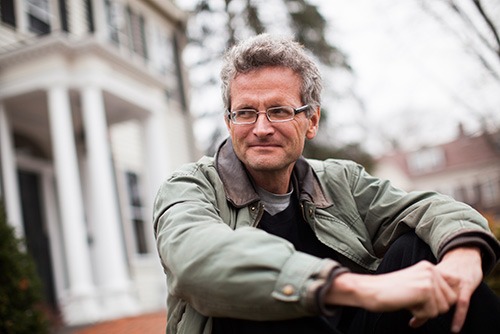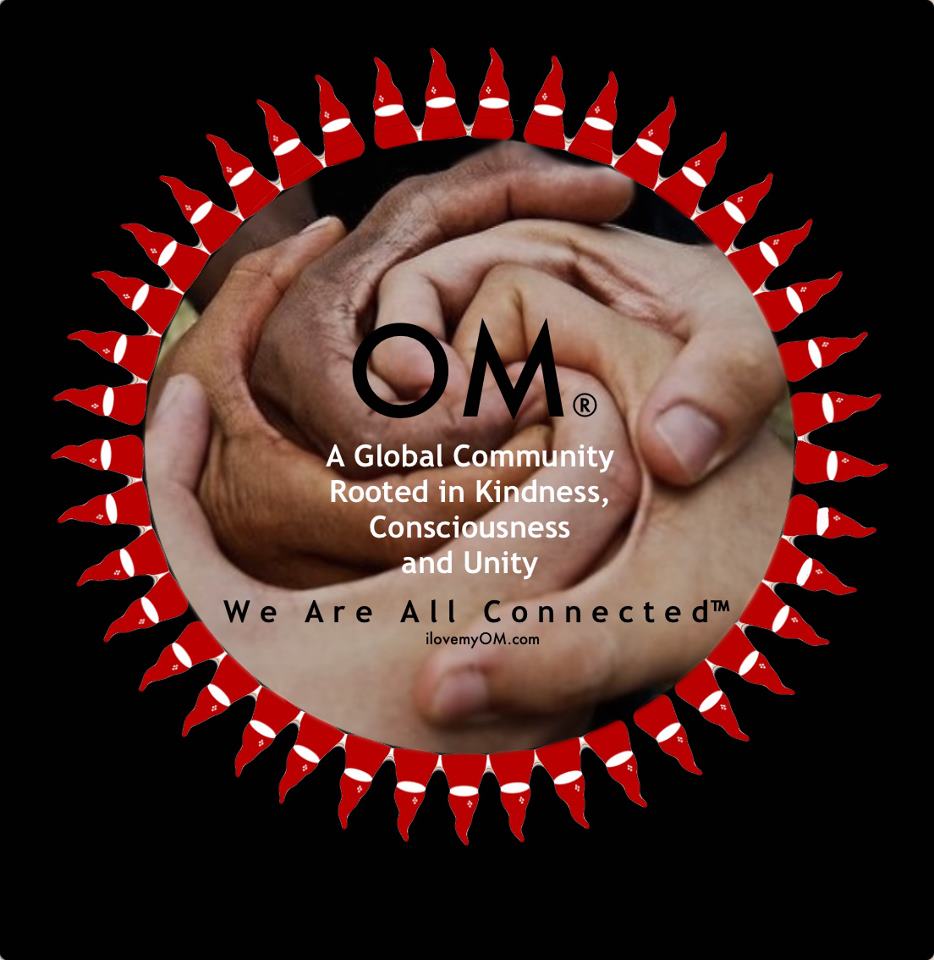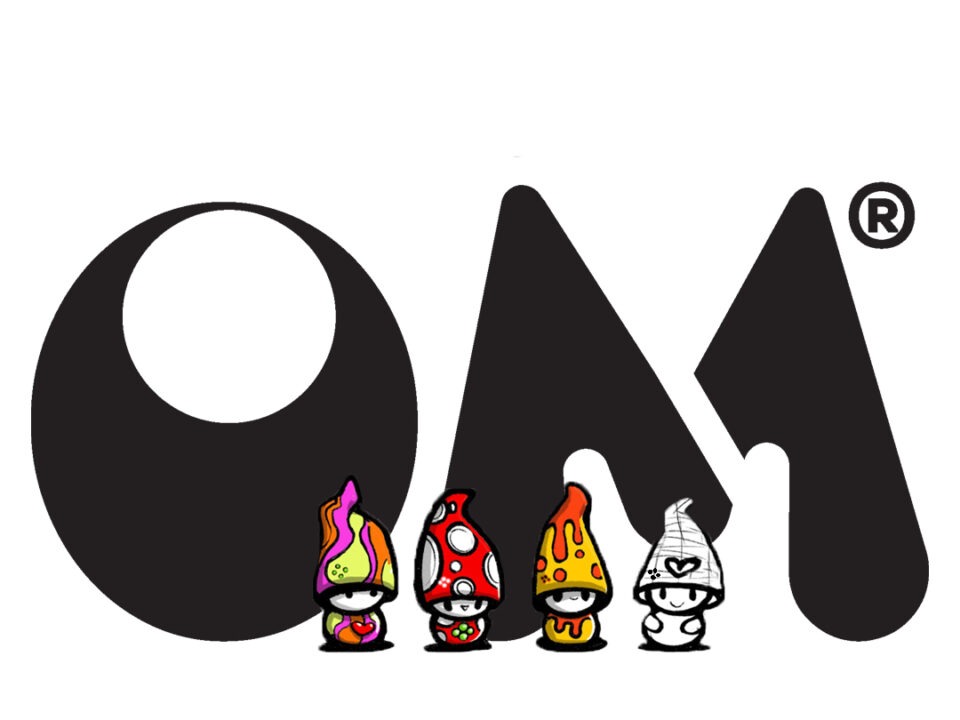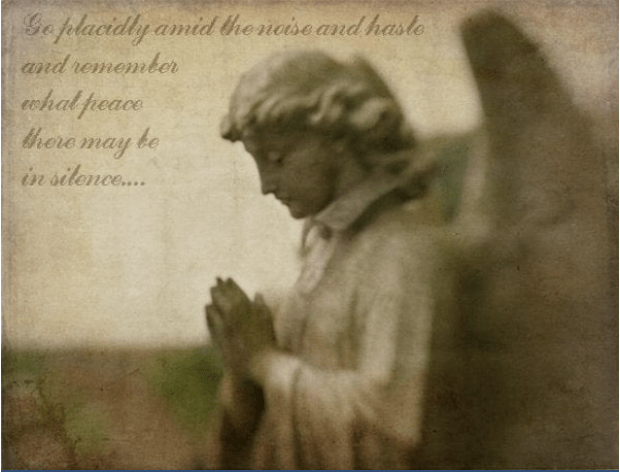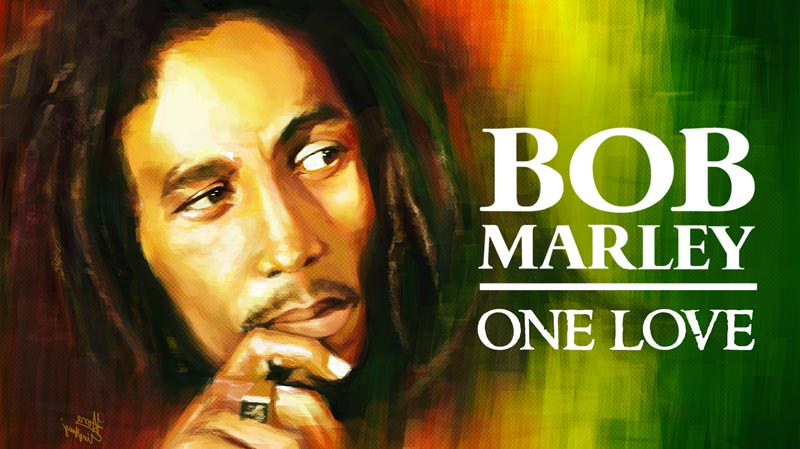Cancer connects us (but so too do love and kindness) . . .
June 13, 2013'Kids know what they're talking about (and we need to start listening to them more) . . .'
June 20, 2013During a distinguished journalistic career, Paul Salopek has achieved a great deal . . .
He is, for instance, a two-time winner of the Pulitzer Prize, his name featuring on a select list that includes, among others, Norman Mailer, David McCullough and Tennessee Williams.
Such things are noteworthy, there can be no question. It is not impressive accolades, however, that will define Paul’s work when the time comes to put down his pen.
The thing that the quietly-spoken Californian will always be known for is the connective quest that began a little earlier this year. It is an astonishing undertaking, and one that strikes quite a chord here at OM®. You see, Paul’s pilgrimage is about people and the things that bond us all as human beings. The process promises to be fascinating.
It is thought that, some 60,000 years ago, the ancestors of modern humans began a slow but steady migration out of Africa. As time passed, they walked and they wandered, spreading, exploring and populating the planet. They reached Europe, Asia and the Americas and then, around 12,000 years ago, they came to their journey’s end, at the southern tip of South America.
Paul intends to spend the next seven years retracing their route, on foot, all the time meeting people, observing and engaging, and learning about the things that bind us all together. He aims to construct a ‘mosaic of humanity’ as he travels 21,000 miles, crossing almost 40 borders, taking 30 million footsteps and encountering scores of languages and ethnic groups. Here at OM®, we have no doubt that, when he reaches Tierra del Fuego, his final destination, in 2020, he will have some invaluable lessons for us all.
It’s a once-in-a-lifetime chance, Paul says, to ‘connect the dots; to string them into one narrative, a tale that belongs to us all’. ‘This walk is about the poetry of hidden connections that I have missed as a writer,’ he adds. ‘I think walking is one of the fundamental heartbeats of good storytelling. It’s slowing down enough to absorb the story through your skin’.
The slowing down part is important, we agree, because as humans, we’re always in such a rush that the important things in life are often overlooked.
‘I was always too busy,’ Paul says. ‘I was too obsessed, as a foreign correspondent, with rushing from Story A to Story B, that maybe I was missing the even-more important connective tissue between the two. I’ve often wondered what I’ve been missing by covering the world so intensely. I’ve often wondered about the stories that lay in between Story A and Story B and this is the poetry. I wonder if the stories that we drive through or fly over or chatter through or ignore or do not have the time or patience to slow down and listen to are, in fact, the most important stories. That’s the reason for the walk. That’s what I’m hoping to discover’.
Paul, who is documenting his journey, titled Out of Eden, for National Geographic, set off from The Rift Valley, in Ethiopia, in January, and in recent days has made it to Saudi Arabia. En route, he has encountered innumerable individuals and, as his detailed dispatches prove, he is learning a great deal from the people on the ground, those who might seem, at first glance, to be ordinary, everyday and unremarkable, but those who, upon closer inspection, have a great deal to teach us. You see, we might all be different, but we all come from the same place and we are all connected.
‘It seems to me that, as our world globalizes, we are getting knitted together [again],’ Paul adds. ‘Wittingly, or unwittingly. Willingly, or unwillingly. Our economies, our lives, our cultures and our languages are all approaching each other. This walk is about those invisible lines of connection.’
To quote, finally, from National Geographic’s supporting information, Paul is putting together ‘a global mosaic of stories, faces, sounds and landscapes, highlighting the pathways that connect us to each other [and providing] a unique archive of our shared humanity’.
Here at OM®, where such things have long inspired our efforts, we wish him well on the long road ahead . . .
